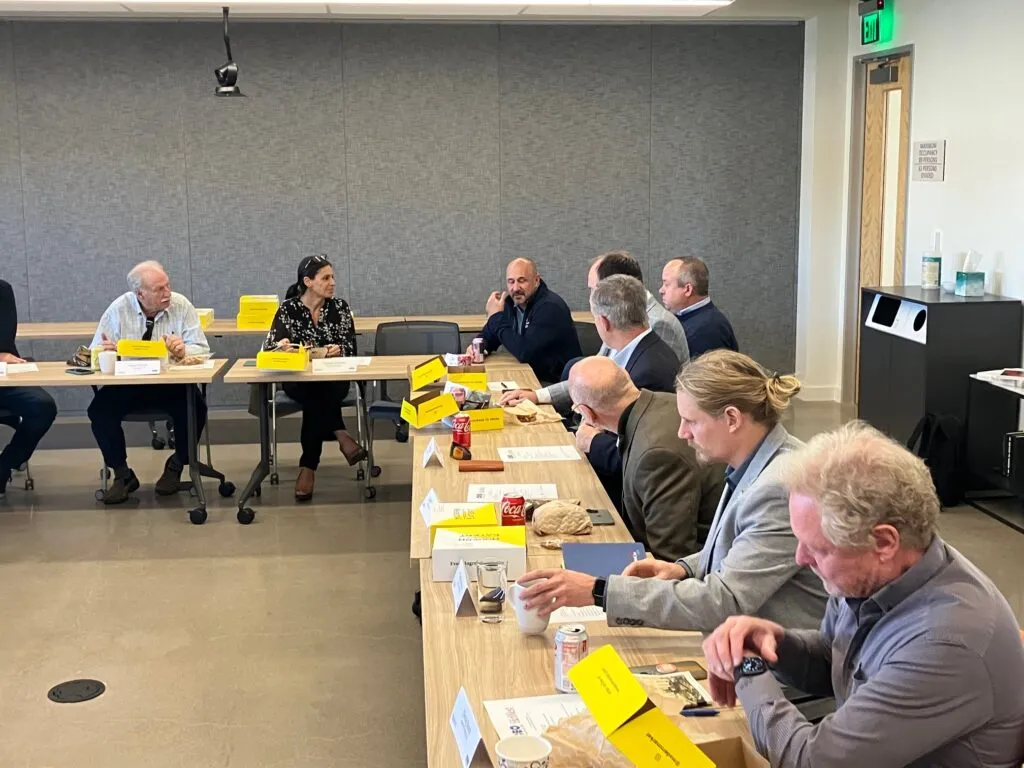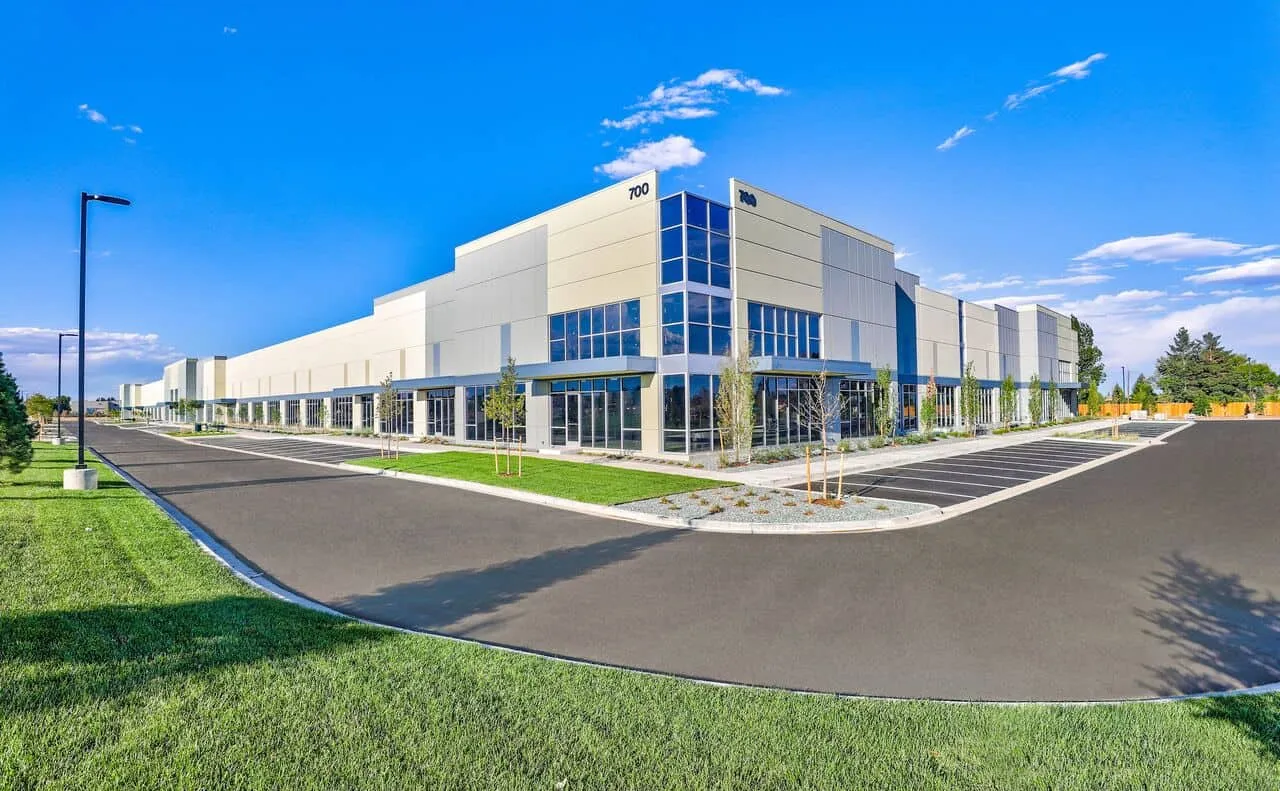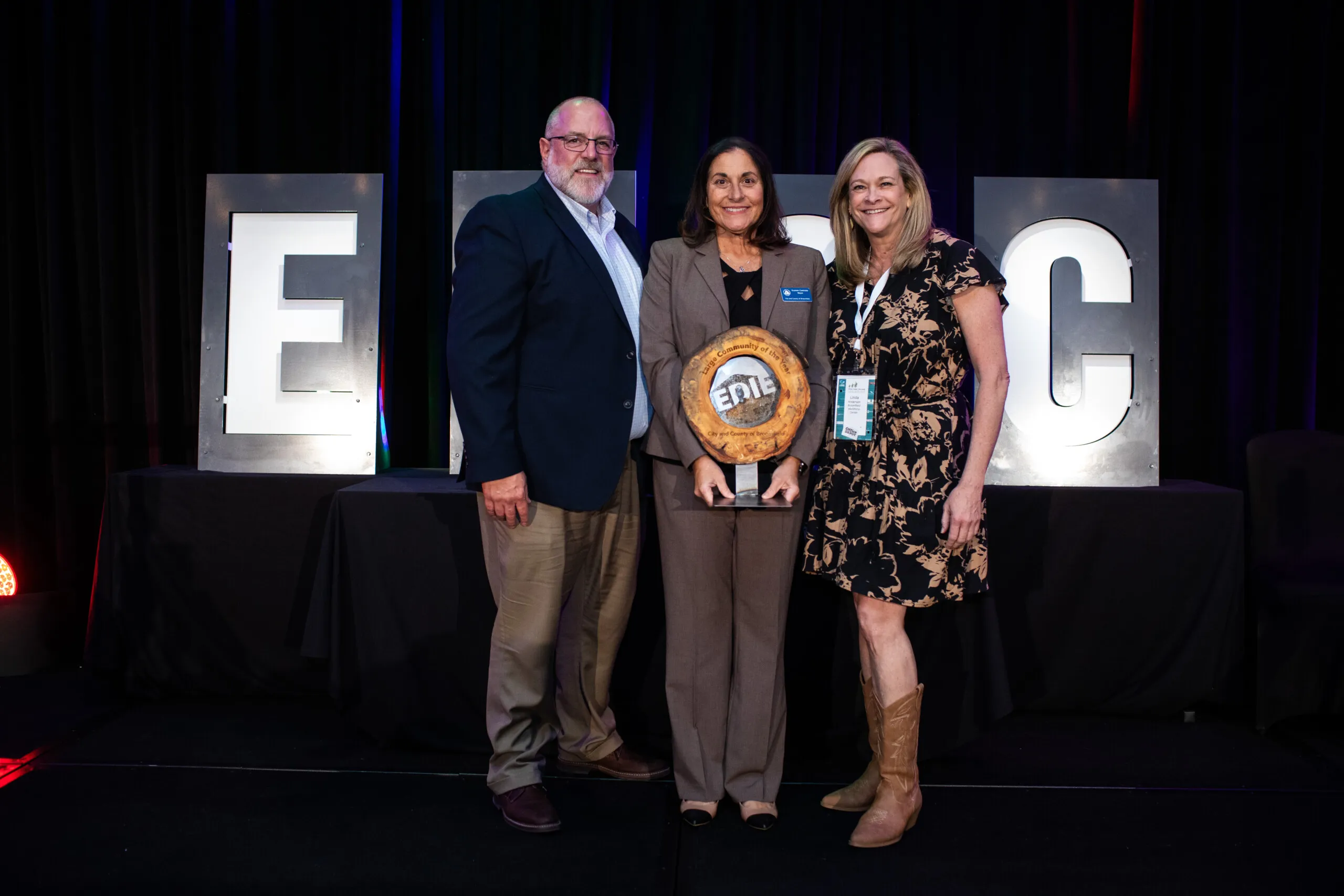Boulder Valley natural, organic industry leaders brace for Trump admin

BROOMFIELD — With Donald Trump poised to reoccupy the White House, leaders in Boulder Valley’s natural and organic food space are naturally wondering what the new administration will mean for their businesses.
“How is the economic environment going to change with this new government?” Green Belly Foods LLC CEO Charles Stewart asked a group of his peers gathered Tuesday in Plante Moran’s Broomfield offices for BizWest’s CEO Roundtable on Natural and Organic Products.
The answer — at least as far as experts were able to speculate, given the remaining mountain of unknowns casting a shadow over Trump 2.0 — is complicated.
SPONSORED CONTENT
On one hand, Trump’s pledges to increase support for American manufacturing could be reason for optimism, roundtable participants said. On the other, his threats of aggressive new tariffs are cause for concern.
“We source our inputs … from all over the world,” Made in Nature LLC CEO Doug Brent said. “And if the cost of importing these goes up by 20%,” costs will rise for businesses and ultimately the consumer.
“We can’t just absorb (more and more additional costs) and operate at a loss,” WishGarden Herbal Remedies Sam Hunziker said.
If Trump’s administration follows through on threats to deport millions of immigrants, there are likely to be shockwaves throughout the labor market, Stewart said.

Business owners often echo calls for deregulation from government officials, but in the natural-products space, deregulation can mean relaxing the standards for what is considered organic, said Pastificio Boulder founder Claudia Bouvier. This can cause confusion among consumers and hurt brands that maintain high standards.
The relationship between the consumer and natural-products brands is a valuable one, New Hope Network vice president of content Jessica Rubino said, because these companies provide buyers with a sense of agency, a sense that they’re doing their part to make the world and their bodies better places.
“There’s more awareness than ever in the consumer that their decisions really matter,” she said.
Some brands are taking their sustainability mission to the next level and taking the “next step beyond organic,” embracing regenerative agriculture practices, said Mark Retzloff, a serial entrepreneur in the natural-foods space.
Communicating the benefits of sustainable, healthy food can help take some of the sting away from price increases, he said. “We’ve got to up our game and be more in touch with the consumer.”
The natural-products industry has evolved — and not necessarily for the better — since the COVID-19 pandemic, Appleooz CEO Mark Wood said. It has become more difficult for small brands to break into grocery stores and more expensive for them to sell their products on e-commerce platforms such as Amazon.
“The pandemic kind of screwed up everything for online direct-to-consumer sales” because the cost to do business on Amazon has skyrocketed, he said. The result of these trends has been a “squashing of innovation” for small, independent brands.
“Boulder is renowned for the natural products industry,” Boulder Economic Council vice president of economic vitality Joseph Hovancak said. And while it remains so, the industry has spread beyond the city and the Boulder Valley as it has matured.
Evidence of this spread is the recent rebranding of industry trade group Naturally Boulder. The Boulder-based organization in September merged Denver-based Colorado Food Works and dubbed itself Naturally Colorado, a nod to its ambitions beyond Boulder.
“We saw that what we were doing in Boulder could also be done in Denver and throughout the whole metro area” and statewide, Retzloff said.
Boulder is “still the epicenter,” he said, “but we’ve decided to share out as far as we can.”
The CEO Roundtable was attended by sponsors Jeremy Wilson, Bob Bond and Sean Nohavec of Plante Moran and Aaron Spear with Bank of Colorado. Berg Hill Greenleaf Ruscitti LLP is also a sponsor of the event series.
With Donald Trump poised to reoccupy the White House, leaders in Boulder Valley’s natural and organic food space are naturally wondering what the new administration will mean for their businesses.





